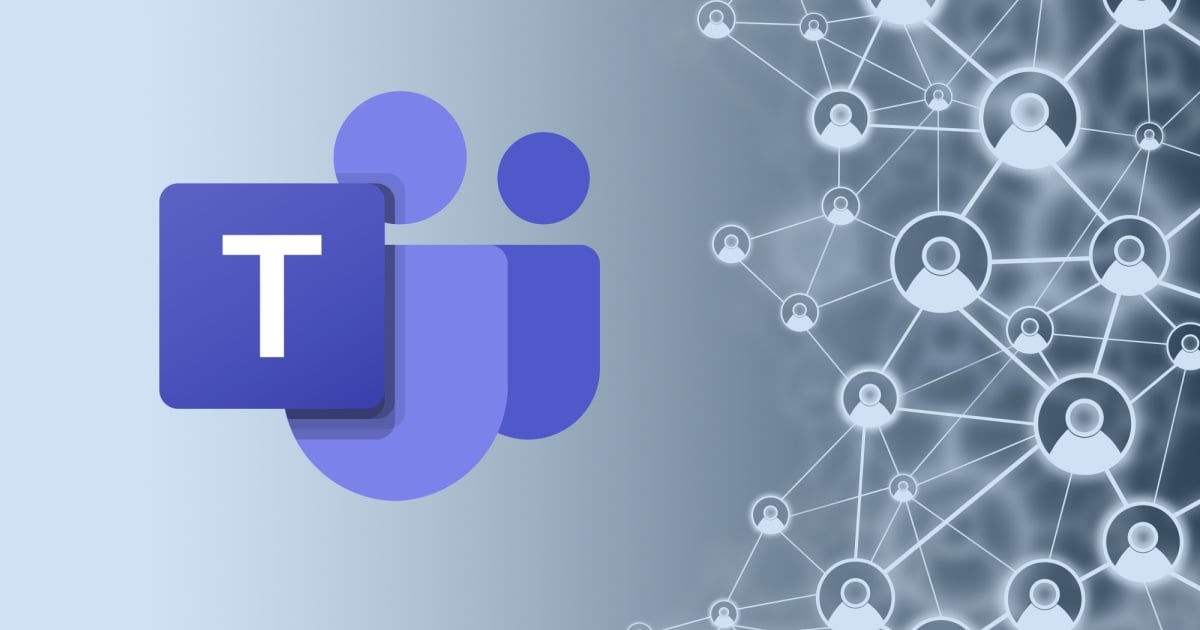
Good afternoon, y’all.
Well, it’s officially 2025. If you’re at all like me, a new year means consciously flipping a mental switch so I don’t end up dating emails and documents with “2024” on autopilot. (Same goes for writing “last year,” rather than “[earlier] this year” and such.) It’s good for our brains to manually make these changes, however minor.
That said, let’s start this on the right note:
Last year, we covered a lot of AI and cybersecurity-focused news; here on MSP Today, on Internet Telephony, GenAI Today, etc. And for good reason, of course — AI-generated scripts and deepfakes utilized by scammers, dangerous ransomware/malware, crypto-related exploits, rogue apps, strategically spread misinformation and so on. More and more, fraudsters utilize advanced AI to deceive; via sly phishing attempts, impersonation via voice cloning, dubious social engineering, and other techniques. Naturally, we want AI to be used for good, but this is one of the most profound double-edged swords of our lifetime. To boot, how sophisticated criminals’ AI-involved tactics have grown has already raised significant concerns regarding data privacy and regulations, prompting calls for greater awareness and stronger safeguarding measures as challenges are continually faced.
The long-story-short of this, readers?
As AI-powered scams become more accessible to ever-determined cybercriminals, the potential for abuse increases in tandem. Action must be taken.
Detailing this further, McAfee released its official 2025 predictions concerning threats consumers encounter. Below, I’ve condensed those predictions. Take a look:
- “Seeing isn’t believing as hyper-realistic deepfakes redefine trust.” Scammers are using AI “to create highly convincing fake videos and/or audio recordings that pretend to be authentic content presented by real people,” per McAfee. As deepfake technology becomes more affordable, even bad actors with little prior experience can access it and take lead on manipulative interactions that folks may fall for. “Imagine receiving a video call from a loved one pleading for financial help, only to discover it was an AI-crafted scam that can drain wallets, create emotional distress and erode trust,” McAfee wrote. That’s why we’ve got to protect ourselves; double-check unexpected requests through alternate apps/methods, and consider replacing traditional identity security measures that scammers may be able to bypass.
- “As AI turns messages into masterminds, there’s a new phishing playbook.” Creating “personalized” emails and messages that seem like they’re from an otherwise trusted resource (e.g. banks, employers, etc.) is easier in 2025 than it’s ever been. And with our nonstop reliance on mobile apps, scammers can now disguise themselves as harmless tools, games or even productivity aims. So if it seems off, don’t shrug it off. Investigate. Invest in advanced security tools that detect and flag suspicious communications. Question before taking certain actions.
- “Rogue apps hide hidden dangers in your pocket.” Embedding harmful software into apps that appear legitimate is not unheard of. “Imagine downloading what looks like a simple photo editing app, only to discover it’s secretly stealing your passwords or accessing your financial information,” McAfee detailed. “To protect yourself, always stick to official app stores, review app permissions carefully before installing, and use trusted anti-malware protection to identify and block malicious apps before they can cause harm.”
- “Crypto chaos reigns as scammers mine for gold in your digital wallet.” People are still having on-again-off-again affairs with the allure of cryptocurrency ventures, and scammers are finding new avenues through which they can exploit vulnerabilities in NFC technology. They may intercept payment credentials, bypass authentication, and complete unauthorized transactions. This also pairs with another point McAfee impressed regarding mobile wallets and tap-to-pay systems; in both cases, “scammers are zeroing in on consumers’ digital wallets with fake investment schemes, phishing attacks, and malware designed to steal wallet keys, sell bogus crypto investments, or pump and dump – i.e. when scammers trick others into buying a cryptocurrency by hyping it up to inflate its price and then sell their shares for a profit when the price is high – causing the value to crash and leaving other investors with worthless assets.” Crypto’s decentralized nature makes it virtually impossible to recover stolen funds, and transactions can even be hijacked by credit card cloning through malware installed on smartphones using a relay NFC attack. So, it’s advised to a.) use hardware wallets for secure storage, avoid sharing sensitive wallet details (e.g. recovery phrases), enable MFA and/or biometric authentication, and install anti-malware tools to prevent unauthorized access.
“As AI continues to mature and become increasingly accessible, cybercriminals are using it to create scams that are more convincing, personalized, and harder to detect,” stated Abhishek Karnik, Head of Threat Research, McAfee. “From deepfakes that blur the line between real and fake to AI-driven text message, email, social and live video scams, the risks to trust and safety online have never been greater. That’s why it’s more important than ever for consumers to stay informed about these emerging threats, and why McAfee is so focused on protecting consumers’ privacy, identity, and personal information, so they can navigate the online world with confidence and peace of mind.”
Read more from McAfee about the seriousness of these topics here.
Also, read another pertinent, security-centric article from MSP Today’s Greg Tavarez here, too.
Lastly, consider registering for MSP Expo 2025. Taking place from February 11-13, 2025, in Fort Lauderdale, Florida, MSP Expo is the premier destination for MSPs. This event is a three-day experience that combines conference education focused on growth strategies, a variety of networking opportunities, an exhibit hall full of the latest technologies, and plenty of secure, future-forward solutions.
Edited by
Greg Tavarez






